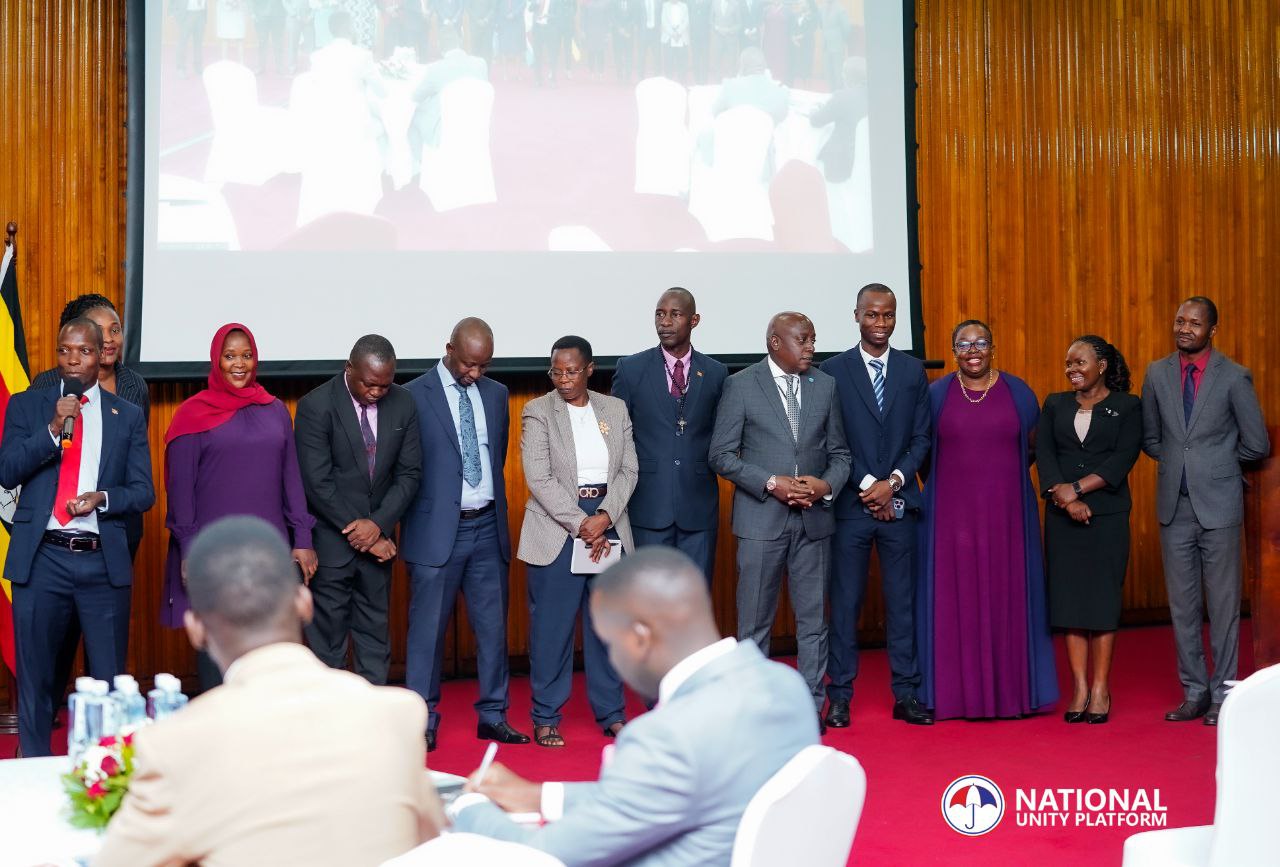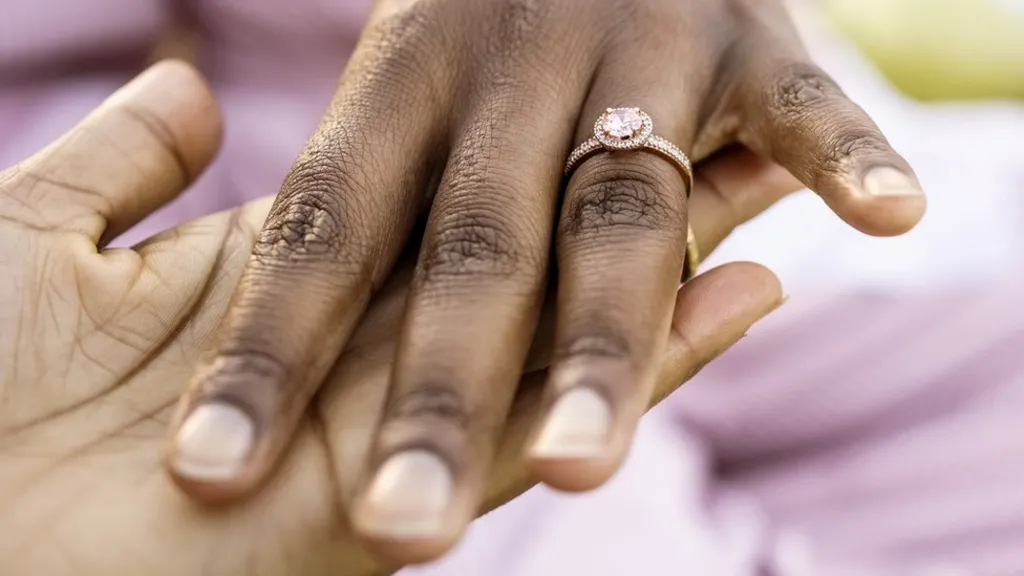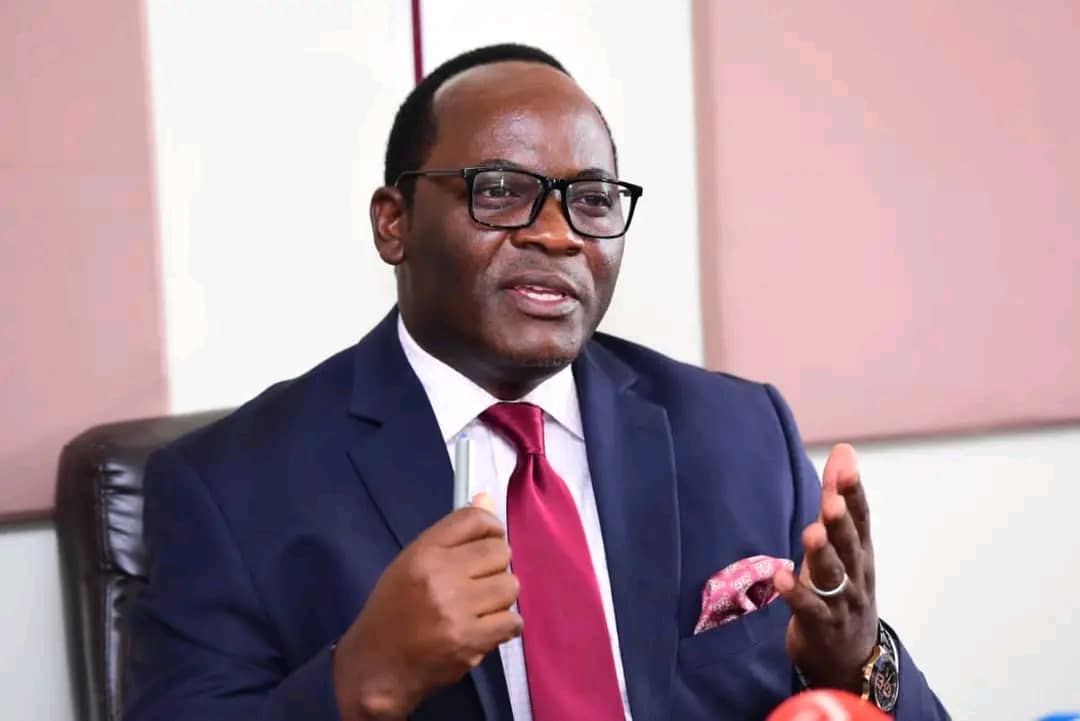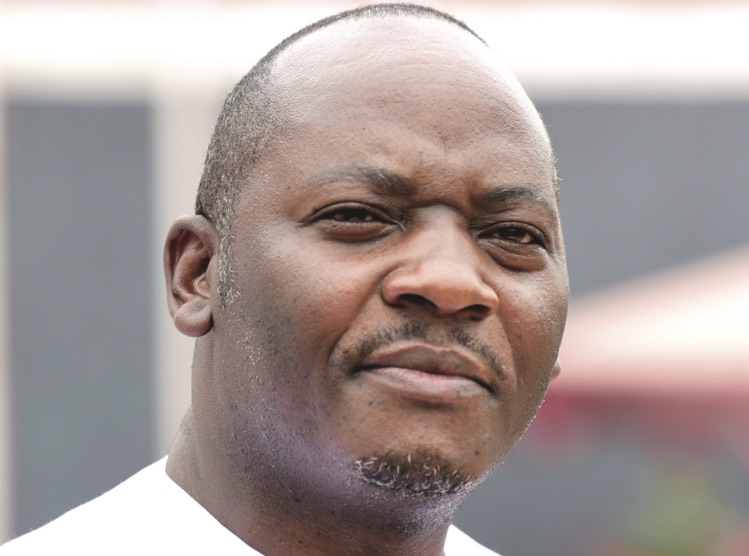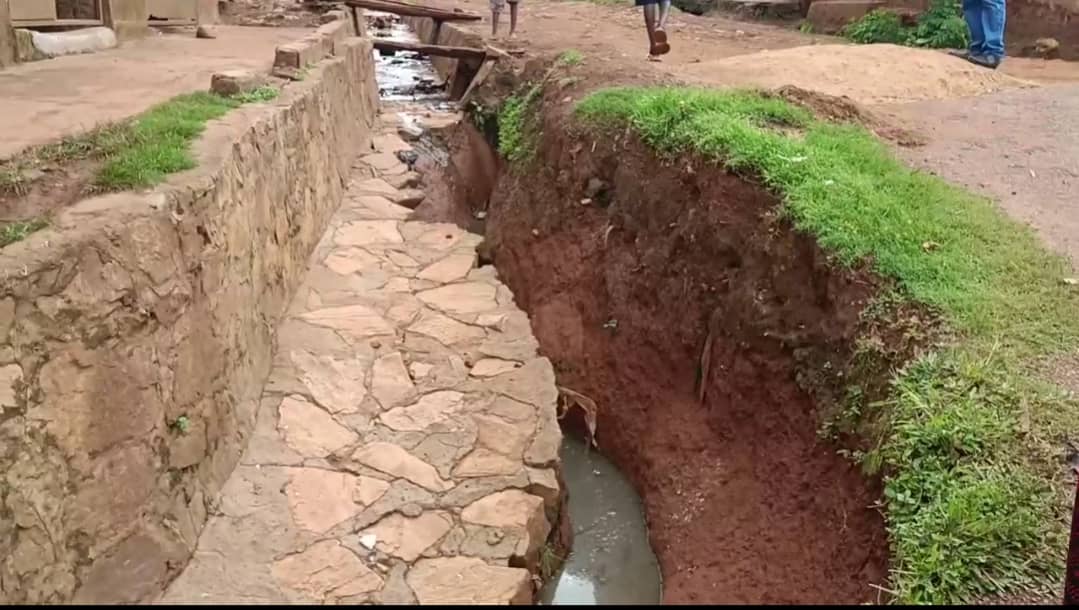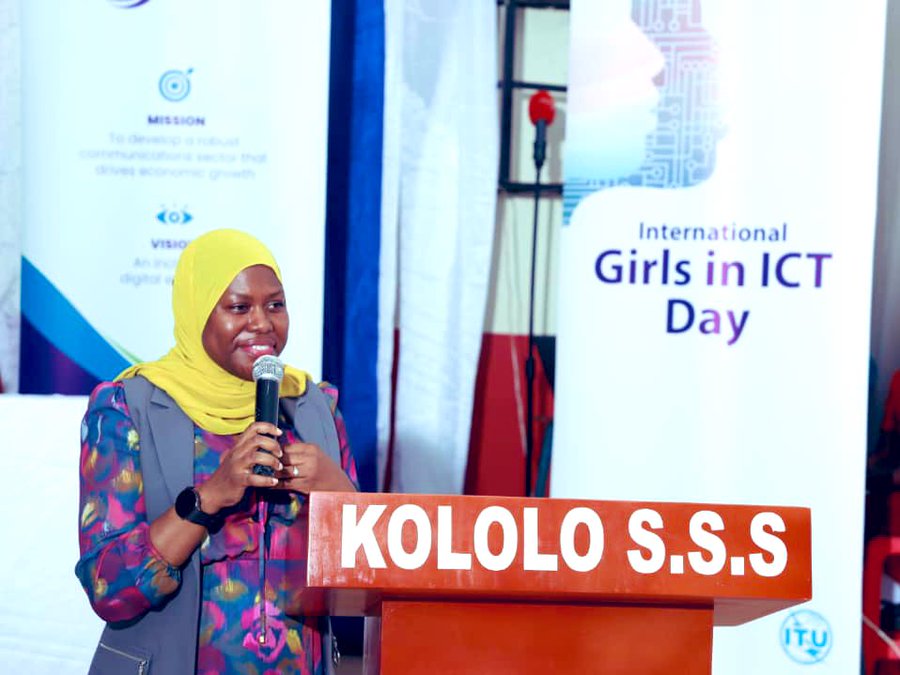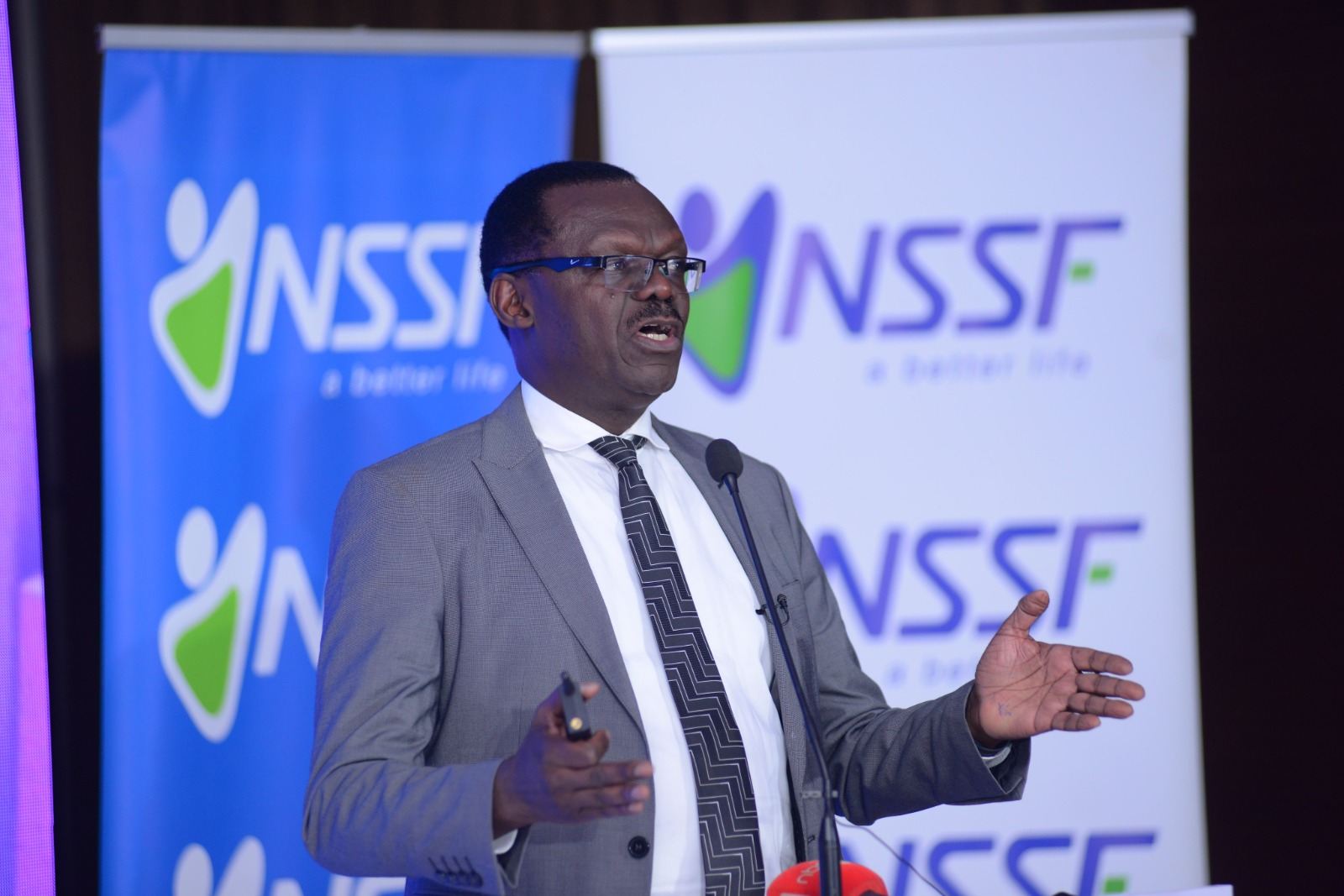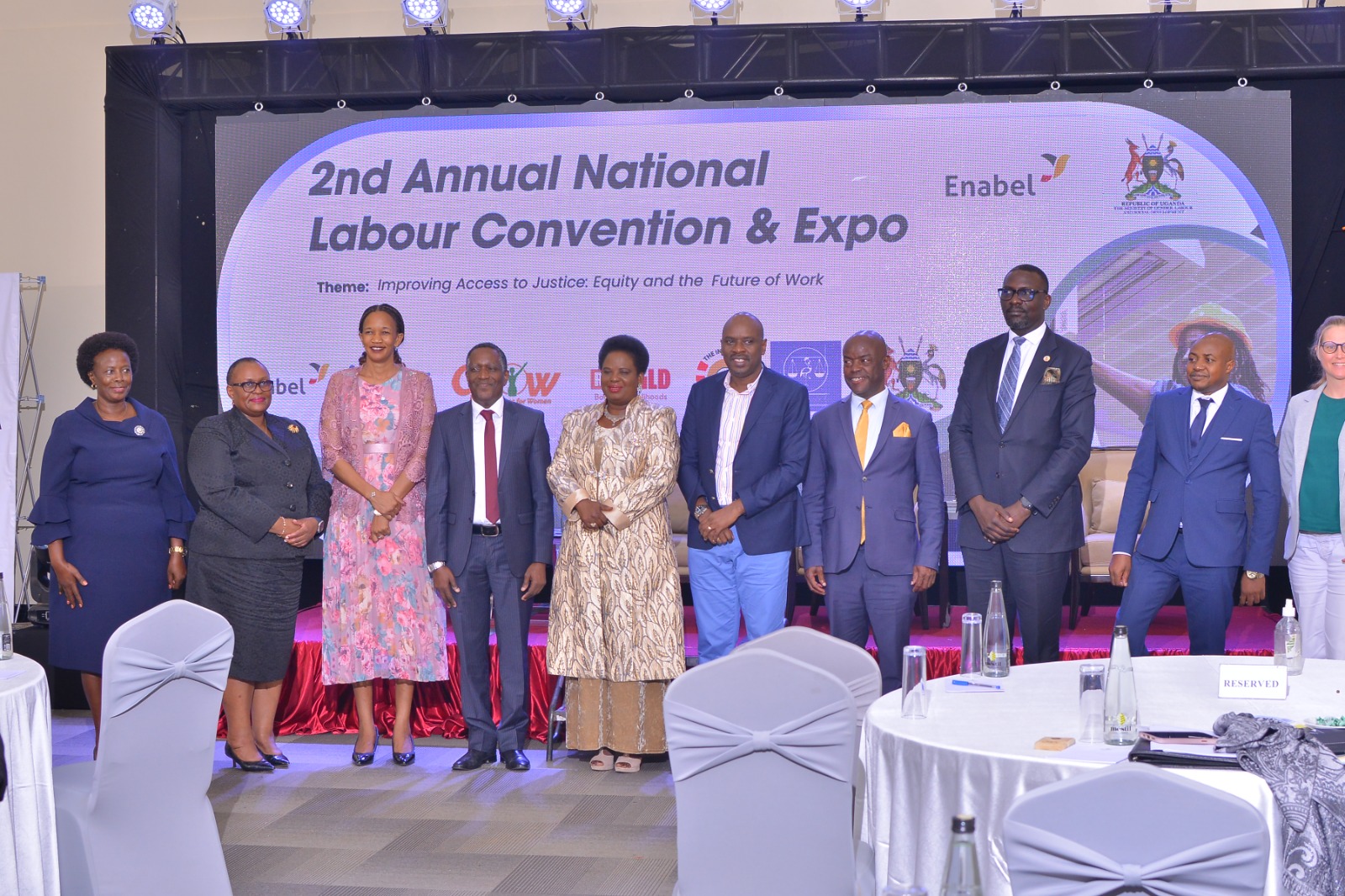'Africa's biggest problem are leaders who stay long in power'
Does the headline sound familiar?
A year after taking power, President Museveni said Africa's biggest problem was leaders who over stay in power.
Keep Reading
More than 30 years later, the Leader of the Opposition, Mathias Mpuuga believes longevity in power is still one of the biggest setbacks in the quest to transform African economies.
Mpuuga made the remarks in Ghana where he is leading Uganda’s delegation that comprises shadow ministers who want to learn from the west african nation's experience on how to build a strong, effective, efficient and credible opposition in Parliament.
"Indispensability and the culture of artificial longevity has bedevilled our politics and disabled our capacity to transition in our economies," Mpuuga said.
He said they went to Ghana particularly because it is considered to have made a formidable and durable transition.
"I was here four years ago and interacted with political actors and I can say without contradiction that the commitments I saw then did show up in your last election that you were able to balance between country and politics," he said.
"Between Kampala and Accra, we are dealing with a different set of problems. You are probably dealing with how to make the lives of your people better because you have handled the basics of politics. The way your House of Parliament is structured is testimony to the maturity of your democracy, not that you have reached full maturity but there is a whole lot of promise on how you are doing your politics."
After 13 years of political upheavals, Ghana wrote a new a constitution set in motion its transition to a democracy.
While its politics it majorly dominated by two parties; the National Democratic Congress (NDC) and the New Patriotic Party (NPP), the west African country has witnessed peaceful handover of power to leaders from either parties, on more than two occasions.
The second deputy Speaker of the Ghanaian Parliament, Andrew Asiamah Amoako advised that African countries need to move past the strongman politics and create institutions that work for the common interest of their citizens,
"Whether you are a parliamentarian or a president, you shouldn’t place yourself as indispensable. If you are a leader and consider yourself as indispensable, that is where the problems begin for the country. [The thinking that] if you are not in a position, nothing can go on; you are not a good leader," Amoako said.


